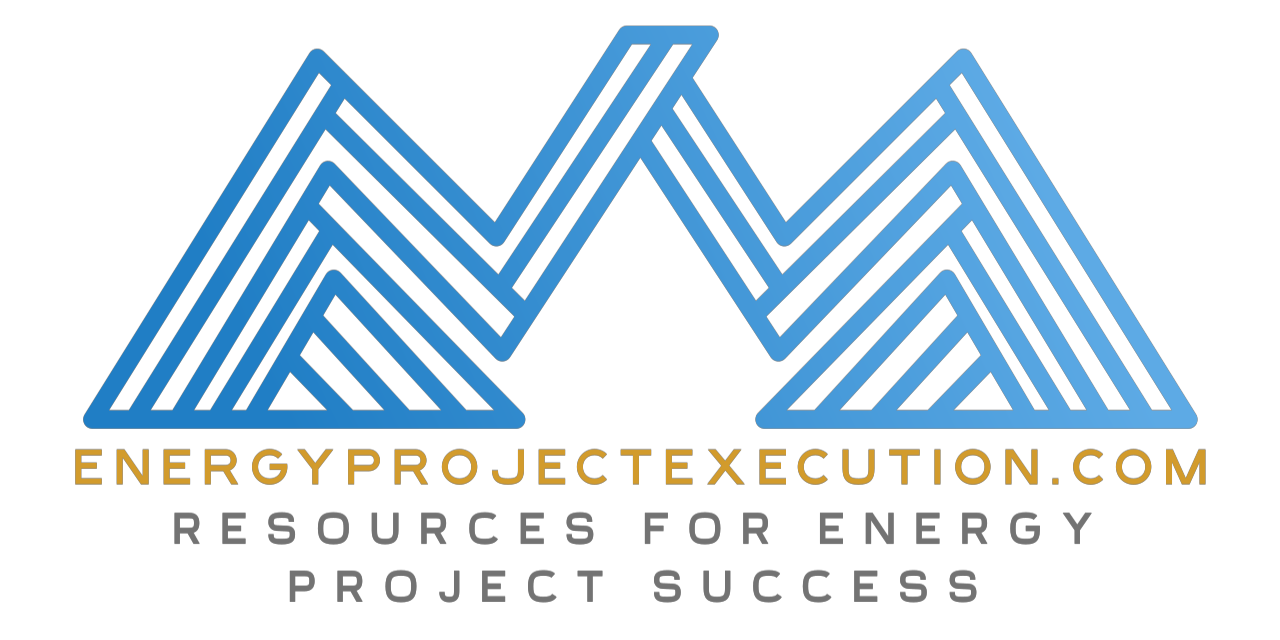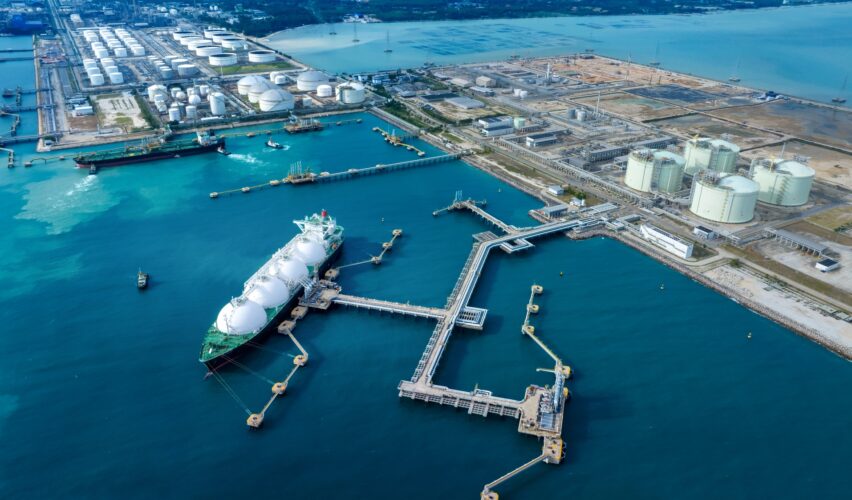5 Energy Technologies That Will Shape the Future of the Industry
The future of the energy industry will be shaped by a hybrid approach that integrates advancements in energy technologies to enhance efficiency, reduce emissions, and improve energy security. Key innovations in carbon capture, advanced drilling, AI-driven infrastructure, next-generation energy storage, and small modular nuclear reactors will play a crucial role in balancing sustainability with the growing global energy demand.
10 Common Pitfalls of EPC Contracts and How to Avoid Them
EPC contracts streamline industrial project delivery but come with risks such as scope misalignment, cost overruns, and schedule delays that can derail execution. By clearly defining contract terms, ensuring fair risk allocation, implementing strong governance, and proactively managing change and commissioning, project stakeholders can mitigate these challenges and drive successful project outcomes.
The Role of Value Engineering in Construction Projects
Value engineering (VE) is a systematic approach that enhances construction project efficiency, functionality, and cost-effectiveness without compromising quality. By focusing on optimizing materials, processes, and designs, VE fosters innovation, sustainability, and stakeholder collaboration, ultimately delivering high-performance and value-driven outcomes.
Fit-for-Purpose Project Execution in Midstream: Best Practices and Lessons Learned
Fit-for-purpose project execution is essential for midstream projects, which play a critical role in the energy value chain by bridging upstream production and downstream processing. This approach emphasizes tailored strategies, modular construction, and lifecycle EPC execution to overcome market-driven challenges, achieve cost efficiency, and deliver operational excellence.
EPC Execution by the Numbers: The Data Behind Its Effectiveness
EPC execution has proven to be a transformative delivery model for energy projects, offering faster timelines, enhanced cost efficiency, and superior risk management. By integrating engineering, procurement, and construction phases under one contract, this approach provides measurable benefits, including reduced disputes, higher client satisfaction, and improved environmental and safety performance.
Understanding the Hydrogen Value Chain
Understanding the hydrogen value chain is critical to leveraging its potential in the global energy transition. From production to utilization, addressing the challenges and opportunities in hydrogen storage, transportation, and infrastructure development will enable hydrogen to decarbonize key sectors and achieve net-zero goals.
Energy Estimating Simplified: Essential Categories You Need to Know
This article provides an overview of the key categories involved in energy estimating, highlighting components such as engineered equipment, quantity development, direct labor, and subcontractor costs, which collectively define project scope, costs, and risks. By incorporating transparency, advanced tools, and collaborative review processes, it emphasizes the importance of accurate estimating as a foundation for successful planning, risk management, and project execution.
Unlock Hidden Opportunities with Sensitivity Analysis in Project Estimating
Sensitivity analysis is a critical tool in project estimating, enabling teams to assess the impact of variable fluctuations on costs and timelines in large-scale energy projects. By identifying key cost drivers and leveraging methodologies like Monte Carlo simulations, it enhances estimate accuracy, supports risk mitigation, and fosters transparent stakeholder communication.
The Hidden Risks of Delayed Final Investment Decisions (FID)
Delaying Final Investment Decisions (FID) in energy projects can lead to hidden risks such as cost escalation, supply chain disruptions, and stakeholder confidence erosion, which jeopardize timelines and budgets. This article explores the critical importance of timely FIDs, strategies for mitigating delays, and decision-making frameworks to ensure project success.









